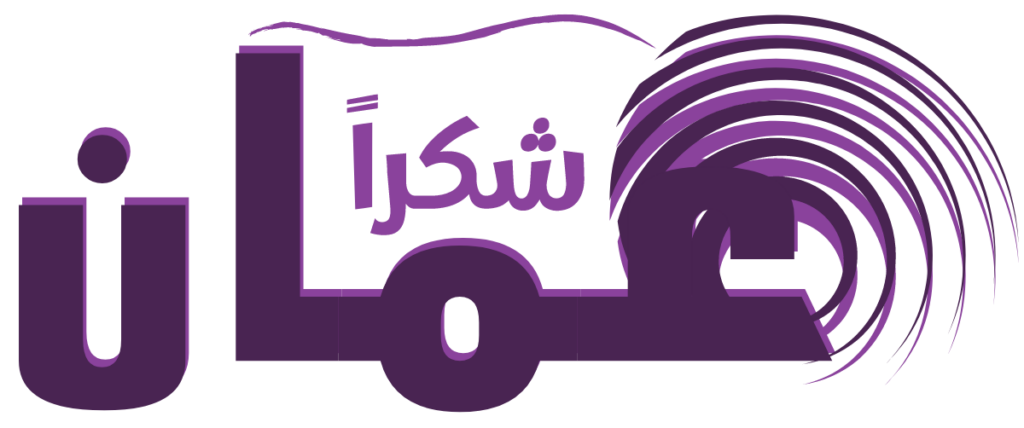Introduction
In today’s fast-paced world, students often find themselves overwhelmed by the multitude of tasks and responsibilities they need to tackle after school. From homework assignments to extracurricular activities and household chores, it can be challenging to strike a balance between obligations and personal time. This article explores the importance of finding a healthy equilibrium and provides practical tips on how to manage duties effectively, ensuring a well-rounded and fulfilling lifestyle.
Table of Contents
- Understanding the Importance of Balancing Responsibilities
- Setting Priorities: The Key to Effective Time Management
- Creating a Daily Schedule for Optimal Productivity
- Strategies for Efficient Homework Completion
- Engaging in Enriching Extracurricular Activities
- Involvement in Household Chores: Sharing Responsibilities
- Making Time for Relaxation and Recreation
- Seeking Support and Communicating Needs
- Avoiding Procrastination: Overcoming the Temptation
- Developing Effective Study Habits
- The Role of Self-Care in Maintaining Balance
- Time Management Tools and Apps for Students
- Balancing Social Life and Academic Commitments
- Overcoming Stress and Burnout
- Conclusion
Understanding the Importance of Balancing Responsibilities
Balancing responsibilities is crucial for students as it allows them to meet academic requirements, engage in extracurricular activities, contribute to household chores, and still have time for personal growth and relaxation. Neglecting any of these aspects can lead to stress, poor academic performance, strained relationships, and a lack of personal fulfillment.
Setting Priorities: The Key to Effective Time Management
To effectively manage duties after school, it is essential to identify and prioritize tasks. Start by categorizing responsibilities into urgent, important, and non-urgent categories. This classification helps allocate time and attention according to the significance and deadlines of each task.
Creating a Daily Schedule for Optimal Productivity
A well-structured daily schedule can significantly improve productivity and time management skills. Utilize a planner or digital calendar to allocate specific time slots for various activities, ensuring a balanced distribution of responsibilities. Setting aside dedicated time for homework, extracurricular activities, chores, and personal relaxation enables a more organized approach to tackle tasks efficiently.
Strategies for Efficient Homework Completion
Homework is an integral part of a student’s life, and employing effective strategies can streamline the process. Break down assignments into smaller, manageable tasks, set deadlines for each task, and create a conducive study environment to minimize distractions. Additionally, utilizing techniques such as the Pomodoro Technique, which involves working in short bursts with frequent breaks, can enhance productivity and focus.
Engaging in Enriching Extracurricular Activities
Participating in extracurricular activities is an excellent way to develop diverse skills, pursue interests, and foster personal growth. Choose activities that align with your passions and goals, but ensure they do not overwhelm your schedule. By striking a balance between academics and extracurriculars, you can gain valuable experiences without compromising on other responsibilities.
Involvement in Household Chores: Sharing Responsibilities
Contributing to household chores instills a sense of responsibility, cooperation, and independence. Allocate specific tasks to family members and create a schedule that ensures equitable distribution. This approach not only lightens the load for everyone but also nurtures a supportive and harmonious home environment.
Making Time for Relaxation and Recreation
Amidst the demands of school and other obligations, it is crucial to make time for relaxation and recreation. Engage in activities that rejuvenate your mind and body, such as reading, listening to music, practicing mindfulness, or pursuing hobbies. Prioritizing self-care allows for increased productivity, improved focus, and a better overall well-being.
Seeking Support and Communicating Needs
When feeling overwhelmed, it is essential to seek support from friends, family, or teachers. Communicate your needs and concerns, as they can offer valuable advice, assistance, or simply a listening ear. Remember that reaching out for support is a sign of strength and can help alleviate stress and provide fresh perspectives.
Avoiding Procrastination: Overcoming the Temptation
Procrastination can be a significant obstacle when it comes to managing duties after school. Develop strategies to combat procrastination, such as breaking tasks into smaller steps, setting deadlines, using positive reinforcement, and eliminating distractions. By addressing this habit, you can increase productivity and reduce stress levels.
Developing Effective Study Habits
Effective study habits are essential for academic success and time management. Find a study method that works best for you, whether it’s creating flashcards, summarizing key points, or teaching concepts to others. Regular review sessions, maintaining a study schedule, and seeking clarification when needed can further enhance learning outcomes.
The Role of Self-Care in Maintaining Balance
Self-care plays a vital role in maintaining balance and preventing burnout. Prioritize adequate sleep, a balanced diet, regular exercise, and mindfulness practices. Taking care of your physical and mental well-being ensures that you have the energy and resilience to tackle daily tasks and responsibilities effectively.
Time Management Tools and Apps for Students
Numerous time management tools and apps are available to assist students in organizing their responsibilities. Popular options include digital calendars, task managers, and productivity apps. Experiment with different tools to find the ones that align with your preferences and help optimize your time management practices.
Balancing Social Life and Academic Commitments
Maintaining a social life while managing academic commitments is crucial for overall well-being. Plan social activities in advance, communicate your availability to friends, and strike a balance between socializing and fulfilling academic responsibilities. Open and honest communication with peers can ensure understanding and support during busy periods.
Overcoming Stress and Burnout
Balancing responsibilities can sometimes lead to stress and burnout. Recognize the signs of burnout, such as exhaustion, lack of motivation, and decreased productivity. Practice stress management techniques like deep breathing, meditation, and engaging in activities that bring joy. Seeking professional help, when necessary, is essential for maintaining mental health.
Conclusion
Finding a balance between duties after school is crucial for students to thrive academically, emotionally, and socially. By understanding the importance of time management, setting priorities, and embracing self-care, students can navigate their responsibilities while still making time for personal growth and enjoyment. Remember, it’s about finding equilibrium and leading a fulfilling and well-rounded lifestyle.
FAQs (Frequently Asked Questions)
- How can I prioritize my tasks effectively? To prioritize tasks effectively, categorize them based on urgency and importance. Set clear deadlines and allocate time accordingly.
- What are some strategies to avoid procrastination? Breaking tasks into smaller steps, setting deadlines, and eliminating distractions are effective strategies to combat procrastination.
- How can I balance academics and extracurricular activities? Choose extracurricular activities that align with your interests and goals but ensure they don’t overwhelm your schedule. Prioritize and plan accordingly.
- What are some effective study habits to enhance learning? Find a study method that suits you, maintain a study schedule, and seek clarification when needed. Regular review sessions are also beneficial.
- How can I manage stress and prevent burnout? Practice self-care, engage in stress management techniques, and seek support when necessary. Prioritize your physical and mental well-being.

